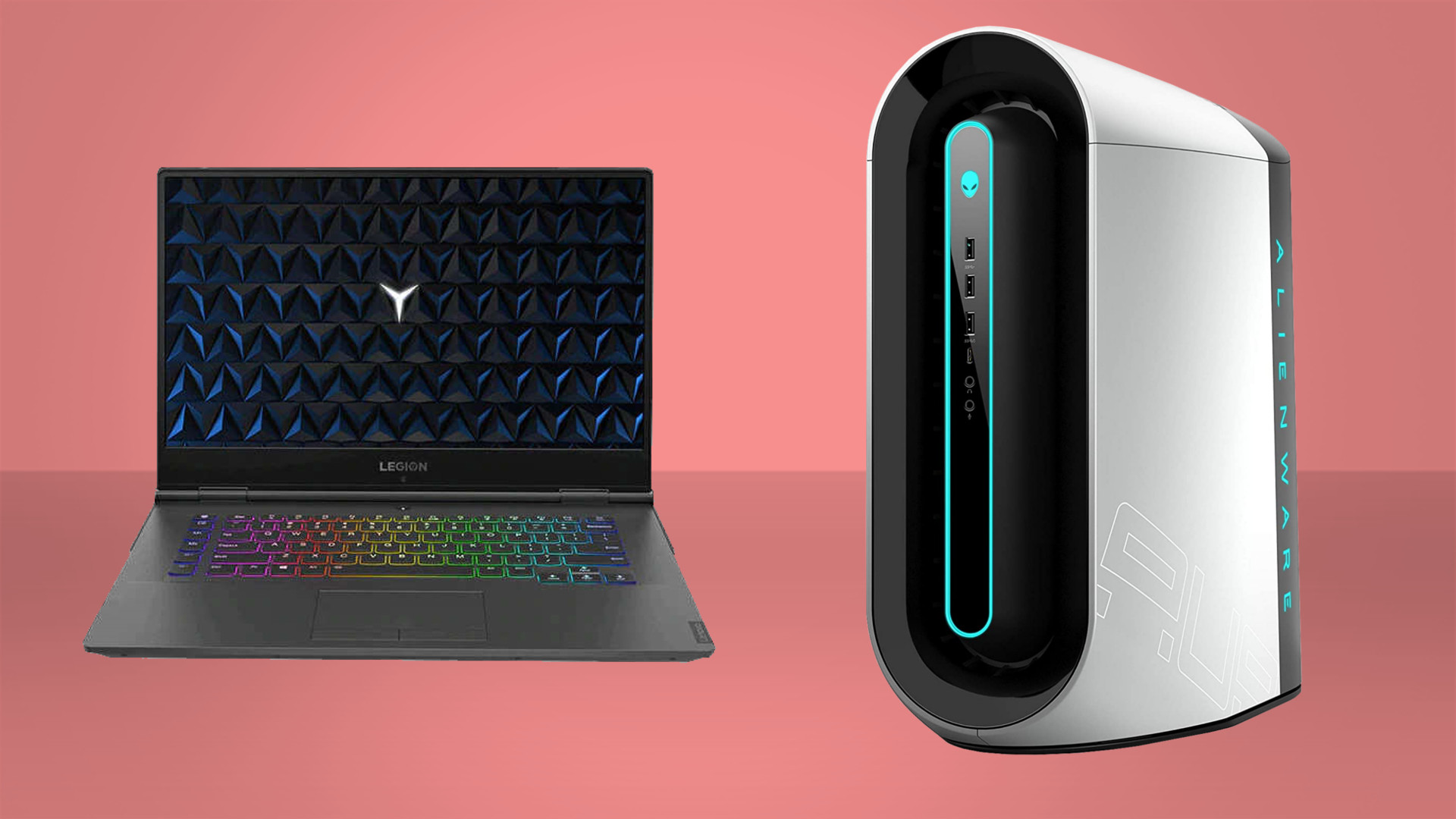Nvidia says it buying Arm will 'spur competition' in consoles, not hinder it
Nvidia argues why it should actually be allowed to buy Arm, and why it won't kill off console competition.

If you're Nvidia or Arm right now, you've got your work cut out for you trying to convince the UK government that your upcoming merger is going to be worthwhile for everyone. That's exactly what both companies are trying to do, however, and their arguments on why Nvidia should be allowed to absorb Arm for $40B have just been laid bare on the UK government website.
Nvidia's argument boils down to a few key points:
- Arm will no longer receive major investment from its current owners, SoftBank.
- An Initial Public Offering (IPO) would be detrimental to Arm's expansion, and it faces "significant challenges to growth".
- Nvidia will work to the benefit of all Arm licensees, and is not a competitor to Arm in any way, shape, or form.
- Arm's competitors are taking advantage of the delay in closing the Nvidia/Arm deal, such as Intel with its own x86 licensing and companies leveraging RISC-V.
- Architectural licensees, such as Apple and Qualcomm, compete with Arm's own engineers and designs.
- Once combined, neither company will have the ability to "foreclose competition", meaning Nvidia and Arm won't be able to wipe out either company's competition.
- Even if the merged company could do that, it wouldn't.
- Nvidia says it is the only route to easily enforceable guarantees to customers and regulators.
- The report ignores Arm's desire for profit as a private business.
- The UK's review makes it out to be more complicated than it actually is.
Now it'll be no surprise that this is a comprehensive and effusive report from Nvidia and Arm on why they should be allowed to merge. The entire document makes for interesting reading, though, and includes arguments on each individual market section, from datacentre CPUs through Internet of Things, and onto PCs and consoles, which is the most interesting are for us PC gamers.
In the PC and console argument, Nvidia and Arm outline how, actually, they don't see there being any question of shutting down competition in these markets by their merger. Rather, they see the potential for Nvidia and Arm-based designs to invigorate console design.
"Nvidia seeks to grow and enhance Arm’s IP in PC, and to license it broadly, helping Arm to build an ecosystem in PC. Nvidia’s strategy would undeniably benefit Arm, the UK, and Arm customers worldwide, not harm competition. The Transaction will spur competition in Consoles, as Nvidia will have an incentive to enhance Arm’s IP to compete with x86 chips from Intel and AMD."
Of course it would say that, but it's nonetheless interesting how Nvidia and Arm carefully word their arguments in the document, especially regarding competition with Intel and AMD.
Nvidia argues that Arm has no real impact on the PC landscape as it stands, anyways, as its designs are primarily used in mobile devices. As for itself, it does admit that, yes, it has a pretty big role in PC graphics, and the Nintendo Switch System-on-Chip (SoC), but that AMD and x86 rule the roost in consoles, and it can't really do much, even with Arm, to stop it there.
Keep up to date with the most important stories and the best deals, as picked by the PC Gamer team.
AMD designs the SoC for the Xbox Series X, Series S, and PlayStation 5.

Best gaming PC: the top pre-built machines from the pros
Best gaming laptop: perfect notebooks for mobile gaming
Finally, Nvidia argues that even if it were to compete in PC CPUs with Arm-based chips, its primary competitor would be Intel and AMD, not an Arm customer. And that's quite interesting in terms of Nvidia and Arm's argument, but perhaps more so as a sign of what Nvidia and Arm could hope to release in the PC space, should the deal succeed.
The decision is still up in the air, either way. Nvidia and Arm are forceful in their arguments against the CMA, but it isn't the only authority the companies need to convince. Last December, the FTC sued to block Nvidia's purchase, and it could face difficulties in the EU and China, too. There's just a whole lot of opinions on what such a massive merger could mean for the industry, and while Nvidia and Arm say one thing, important customers, rivals, and others say the opposite.
The UK government's Competition and Markets Authority (CMA) has set a deadline for when it will publish its final report on the Nvidia/Arm merger: 2 May 2022. On that date, we'll know if the two companies get the go-ahead and can proceed or if they'll have to go back to the drawing board or seek other options.

Jacob earned his first byline writing for his own tech blog. From there, he graduated to professionally breaking things as hardware writer at PCGamesN, and would go on to run the team as hardware editor. He joined PC Gamer's top staff as senior hardware editor before becoming managing editor of the hardware team, and you'll now find him reporting on the latest developments in the technology and gaming industries and testing the newest PC components.

